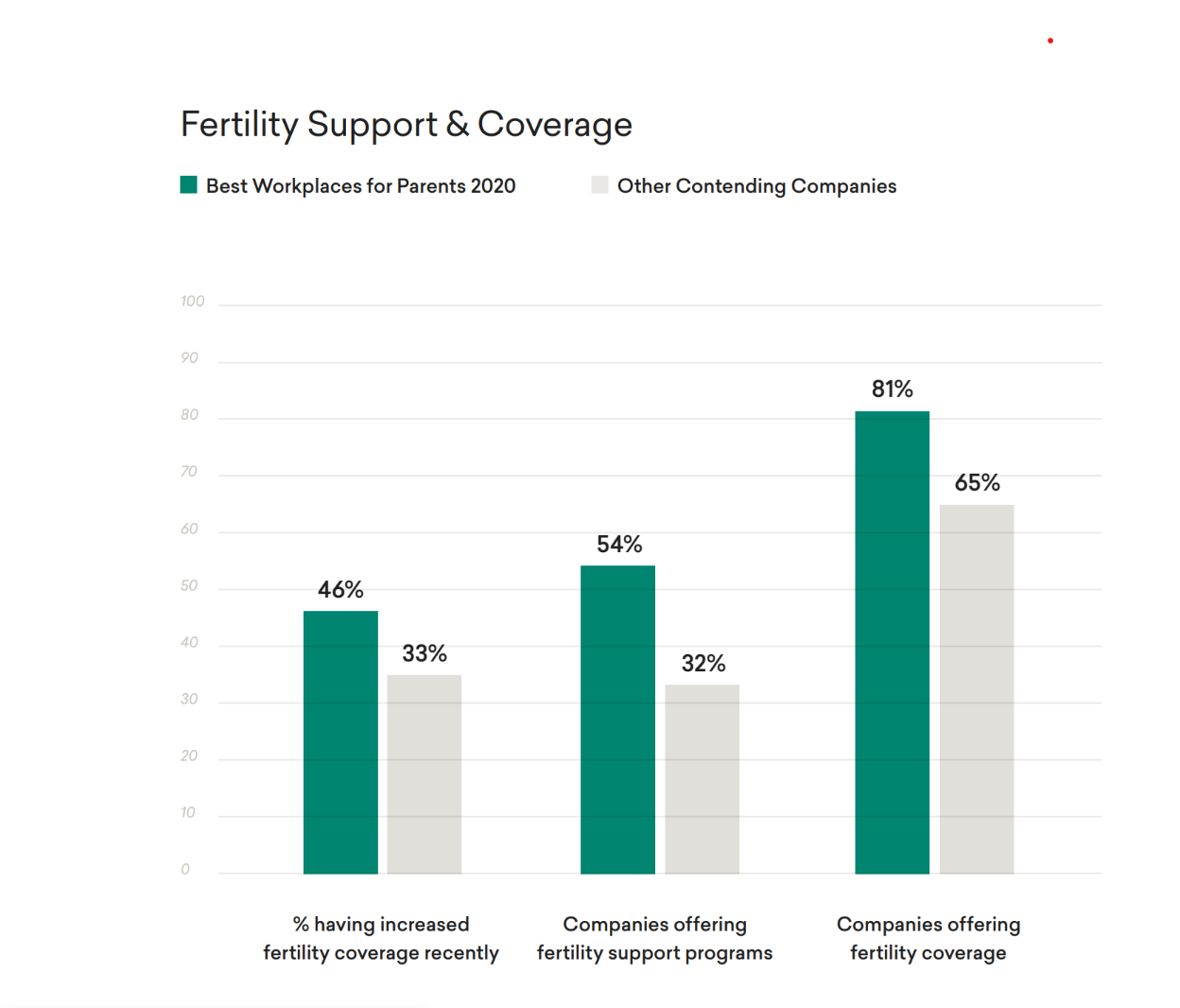Benefits, Employee Well-being, Parents at work
Here are the messages employees might be looking to hear from the companies they work for amid a shifting legal landscape.
When an Alabama Supreme Court ruling found that frozen embryos qualify as people under the law, fertility care was disrupted with many providers halting in vitro fertilization (IVF) treatment in the state.
Efforts to protect IVF care nationwide were stymied when a bill was blocked in the U.S. Senate, and politicians are now adding fertility care to the debate of what promises to be a raucous presidential election cycle.
Alabama Gov. Kay Ivey signed a bill to provide legal protection for IVF providers on March 6, but at least one provider Alabama says the new law doesn't do enough to allow them to restart treatments for patients.
Medical experts say that legal precedents like the one now set in Alabama will prevent women from receiving fertility care.
“If patients are now forced to transfer abnormal embryos that we know will likely result in a failed pregnancy or miscarriage — the emotional burden will be detrimental to many, and complications suffered from a miscarriage may further compromise the patient’s future fertility,” says Dr. Janet Choi, chief medical officer at Progyny, a fertility services provider.
“Additionally, if patients now have to take added time off work to drive hours across state lines and receive treatment, the experience will be even more mentally and financially taxing than it already is.”
What this means for employers
For employers, the shifting legal footing for IVF care could create headaches. While 21 states and Washington, D.C. have laws that require employers to offer fertility coverage in their health care plans, 14 states have proposed legislation that would recognize embryos with personhood under the law.
Even state-by-state law change could have implications for employers in states without such laws. IVF providers might try to avoid transferring embryos because of the risk and cost involved. Fertility coverage could prove even more complicated than efforts by employers to cover travel expenses for abortion care after Roe v. Wade was overturned in the Dobbs decision.
“This should be a wake-up call to employers to ensure that the fertility and family-building benefits they’re providing are truly inclusive and comprehensive, and what contingencies are available if an employee cannot access the care they need,” says Cassandra Pratt, CHRO at Progyny.
Legislation that prevents embryos from being discarded could dramatically raise costs, and with most employer coverage plans capped at a set number, that coverage could become a lot less effective in states with new laws regarding embryos.
“Employers with fertility and family-building benefits should look into the details of their plan,” Pratt says.
“Most plans have limitations on access and the type of coverage it provides. For example, a limited number of in-network fertility clinics, or restrictions on who can gain access to coverage. Most will require a diagnosis of infertility, which is written in a way that prohibits the LGBTQ+ community and single parents by choice from gaining access.”
Attend our annual company culture conference May 7-9, 2024
How great workplaces support parents
The Best Workplaces for Parents™ are companies that have varied and comprehensive programs to support employees with childcare responsibilities. In a 2020 report in partnership with Maven, Great Place To Work® found that 81% of the Best Workplaces for Parents that year offered fertility coverage, compared to 65% of companies that did not make the list.

(Source)
The report found that on top of financial and educational support on their fertility journey, employees also benefit from mental and emotional support. Of the women who suffer from infertility issues, 40% struggle with their mental health, per the report.
And that’s before the legal picture around IVF treatments became even murkier.
“There is a lot of uncertainty right now, which could cause emotional and mental strain,” Pratt says. “We highly suggest employers also provide mental health support — whether that’s through their current benefits, EAP, or other carveout provider.”
Where appropriate, leaders and managers can also reach out proactively with team members to address the issue and provide support one-on-one.
It’s a mistake to take a wait-and-see approach, Pratt adds.
“HR and benefit leaders can proactively start the conversation with any employee they believe may be directly impacted and provide mental health resources to support their employees,” Pratt says.
“From a benefit and policy perspective, this is when HR and benefit leaders really need to do their due diligence around benefits that support reproductive and family-building care. This is, and will remain, a must-have benefit.”
Progyny says it will work with its patients to see if employers will cover tissue transportation.
The cost of inaction
For employers who don’t take steps to preserve access to fertility care, Pratt sees a potential issue with employee retention.
“Even before this decision, and especially after Dobbs, we have seen time and time again that people will travel or will move to gain access to fertility treatments,” she says. “That signals that they will change their jobs to gain access as well.”
The number one action your organization can take right now? “I would advise companies that currently lack comprehensive fertility and family building benefits to reconsider,” Pratt says.
Survey your workforce
Identify what employees expect from industries and companies in the workplace today. Contact us to get started.












